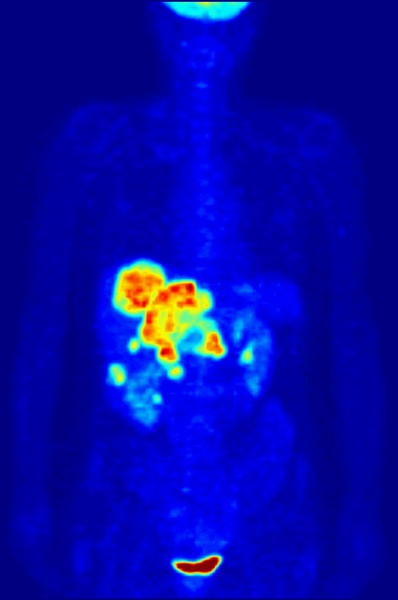“Screenings save lives,” said Dr. Laura Herrera Scott, Maryland Department of Health and Mental Hygiene (DHMH) Deputy Secretary for Public Health Services. “Early detection of pre-cancerous polyps or the beginning stages of cancer can lead to treatment and a cure.”

Dr. Scott and the Maryland Health Department are not alone in encouraging regular colonoscopy screenings when you turn 50 to prevent colorectal cancer during Colorectal Cancer Awareness Month this March.
“Adults age 50 and older should be regularly screened for colorectal cancer. Unfortunately many people aren’t getting tested because they don’t believe they are at risk or they aren’t aware of the different testing and screening options,” said Dr. Matthew Davis, chief medical executive with the Michigan Department of Community Health (MDCH). “The importance of early detection cannot be overstated. This Colorectal Cancer Awareness Month, make it a priority to discuss the different testing options with your doctor.”
In Colorado, Dr. Larry Wolk, executive director and chief medical officer at the Colorado Department of Public Health and Environment said, “Colorectal cancer is preventable, treatable and beatable. You can beat it by getting regular colonoscopies once you turn 50.”
“We know colorectal cancer screenings are not something people like to think or talk about,” said Jeanna Jones of the Iowa Department of Public Health (IDPH) Colorectal Cancer Program. “When it comes to excuses not to get screened, we’ve heard them all. We hope Iowans will realize the benefits far outweigh the inconveniences of colorectal screenings. The bottom line is these screenings save lives.”
Colorectal cancer screening options include stool-based tests and colonoscopy – all are effective at finding cancer in its early stages. Through proper colorectal cancer screening, doctors can find and remove hidden growths (called “polyps”) in the colon before they become cancerous. Removing polyps can prevent cancer altogether.
All adults 50 years of age and older should be screened for colorectal cancer. People with a personal or family history of polyps or colon cancer should check with their doctor to see if they need to be screened at a younger age or more frequently.
According to the American Cancer Society, colorectal cancer (commonly called colon cancer) is the third most common cancer in men and women in the United States, and the third leading cause of cancer death. But the death rate from this disease has been dropping thanks to improvements in colon cancer prevention, early detection, and treatment.


One thought on “Colorectal Cancer Awareness Month: ‘Screening saves lives’”